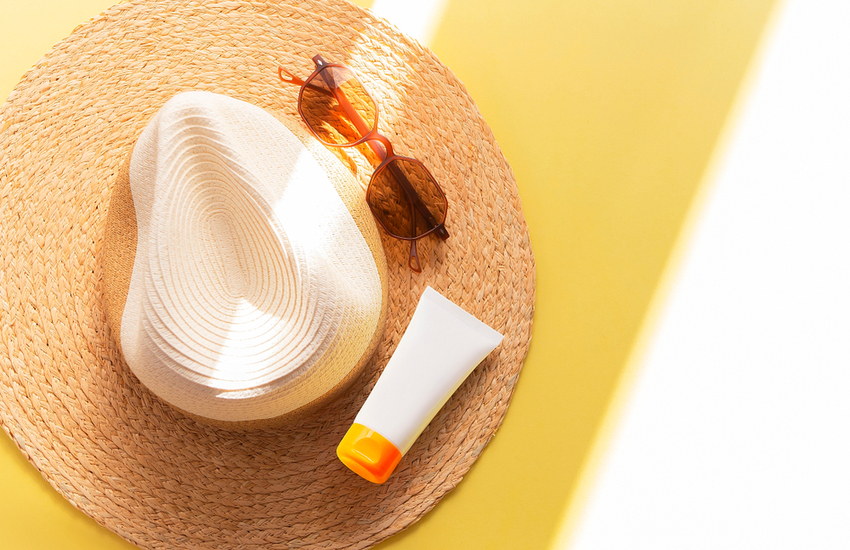
Dermatologists spend their summer days in the same sun as the rest of us do, and yet, they somehow manage to keep their skin clear and glowing all season long. Sure, it’s a problem because their job requires them to understand the skin from the inside out. Still, even the professionals are exempt from the need to change up their skincare game to prevent breakouts and minimize sun damage during the warmer summer months.
Lighten up your skincare routine.
Just like you lighten up on your wardrobe, your skincare routine may need to be a little more lightweight as well. With the heat and humidity of summer, try swapping out your heavier cleanser for a gentle, foaming product.
Adopt a dual-purpose moisturizer.
To help lighten things, you can try switching to a moisturizer and sunscreen combo during the summer. A lightweight moisturizer with an SPF of 30 or higher is enough for most people. Thicker moisturizers may lead to clogged pores, which can cause inflammation and acne. So, especially if you have acne-prone or oily skin, dropping your usually moisturizing step with a combination moisturizer/SPF can help keep skin clear and able to breathe.
Use a vitamin C serum.
Vitamin C is an ingredient you can use all year, but it is essential to use during the summer. Vitamin C does a lot for the skin, including preventing hyperpigmentation, improving fine lines and wrinkles, and boosting collagen production. All you need to do is layer a few drops on your skin between cleansing and moisturizer to get the most benefits.
Make sure all your makeup is non-comedogenic.
Something a lot of people don’t do is look at the ingredient list. If you take a close look at your makeup product labels, you’ll be able to see if they are non-comedogenic, which is a fancy way of saying the product was formulated without pore-clogging ingredients. Choose to wear makeup that is not going to obstruct your skin’s ability to breathe. Look for oil-free sunscreen, oil-free primer, and a lightweight foundation.
Stay in the shade.
You should also wear sun-protective clothing, as well as wide-brim hats and sunglasses while you’re in the sun. Of course, this doesn’t mean you have to wear a long-sleeve shirt while you’re on the beach, but you should be mindful of how much you are exposing your body to direct sunlight. Try to sit underneath an umbrella and, most importantly, avoid the midday sun.
Don’t forget to hydrate.
Staying hydrated is always essential for our skin, especially during the summer. This includes hydration on the inside of our bodies as well. Try to drink at least eight glasses of water a day. When you’re hydrated, you can also help your skin recover after a sunburn (though you should do your best to avoid getting those in the first place).
